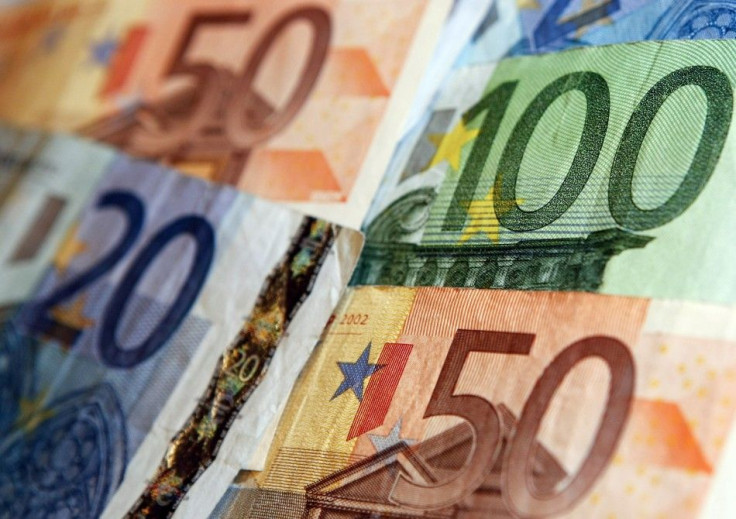Greek Default Burden Shifts To European Taxpayers

If another Greek default happens, European taxpayers will be the ones to bear the losses, Luigi Zingales, a finance professor at the University of Chicago, said in a recent commentary.
The most recent development in Greece's debt crisis is a technical default that wiped out $130 billion of debt held by the private sector. However, the deal also added about $77 billion of debt to the public sector, according to an analysis by the New York Times.
In all, Greece's institutional lenders -- the European Union, the European Central Bank and the International Monetary Fund -- now own about 73 percent of Greek sovereign debt, compared with 39 percent before the deal with private bondholders and virtually none before 2008.
That means the private-sector share of Greece's debt has tumbled to just 27 percent, after this month's bond swap with the government. If the country were to default again, taxpayers, mostly European, would be on the hook for any amount exceeding that percentage.
Zingales is in the camp -- others include New York University's Nouriel Roubini -- of those who believe Greece will default again.
He noted that even with recent deal, Greece's total debt remains 120 percent of gross domestic product for 2011 -- an amount Zingales considers unsustainable.
Assuming Greece eventually borrows at a real interest rate of only 3 percent -- a generous assumption considering levels of 17 percent currently prevail -- it needs to run an annual budget surplus (excluding interest expenses) equivalent to 2.4 percent of GDP just to keep its debt level stable, according to Zingales's calculations.
Greece, however, has a consistent record of running budget deficits, averaging (excluding interest expenses) a 2 percent annual deficit for the last 25 years.
Even if it commits to austerity measures going forward, with required cuts in government spending, Greece will still struggle on the revenue side. In the near term, the Greek economy is expected to contract, reducing the amount of tax revenue available to pay down debt. Most recently, the national economy shrank by 7.5 percent in last year's fourth quarter from the same period of 2010.
In the longer term, Greece faces the economic challenge of a shrinking population, a lost generation of unemployed people and a lack of global competitiveness.
Greece, Zingales believes, will eventually be pitted against angry and disenchanted Europeans elsewhere. These creditors, the New York Times predicted, won't easily accept a Greek default deal the way banks and hedge funds have been strong-armed into doing.
If Greece and European taxpayers can't reach an agreement, the country of 11 million people could ultimately default in a disorderly manner and exit the euro currency, as Roubini and some other economists predict.
© Copyright IBTimes 2024. All rights reserved.




















